Family Dynamics: The Hidden Roles We Play (And How to Fix Them)
Ankita Rai | Mon, 12 May 2025
Family dynamics shape how we communicate, love, and handle conflict—not just at home but in every relationship we form. Often, we unknowingly fall into roles like the fixer, peacekeeper, or scapegoat. These roles, rooted in childhood, impact our emotional health as adults. This article unpacks family role theory, highlights signs of toxic patterns, and offers practical steps—like boundary-setting and therapy—to break the cycle. By understanding and repurposing our roles, we can rebuild healthier connections and reclaim our authentic selves. Change is possible, and healing begins with awareness and intention.
( Image credit : Pixabay )
Photo:
Let’s be real—family is complicated. It’s where we feel safest and most understood, and yet sometimes most frustrated. One minute you’re enjoying chai and memes, the next you’re stuck in a ten-year-old emotional cycle, acting out a part you didn’t even sign on for. Sound familiar? What you’re experiencing has a name: family dynamics. And whether your fam group chat is full of heart emojis or read receipts, understanding these dynamics is key to healing old wounds and building better relationships.
What Are Family Dynamics?
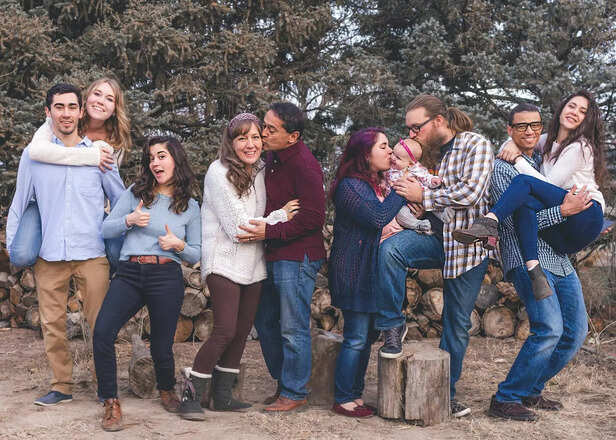
Think of family dynamics as the emotional choreography we unconsciously perform every day. It’s the pattern in how we communicate, argue, love, avoid, show support—or sometimes, disappear into silence. These habits are shaped by what we saw growing up, who held the power, how emotions were handled, or how often they were avoided. And no, they don’t stay locked inside the four walls of your childhood home. They show up in how we set boundaries, date, handle conflict, and even how we act at work.
The Invisible Roles We’re Cast Into
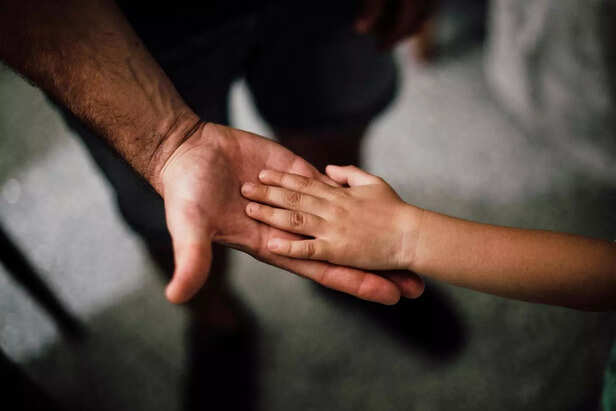
You may tell yourself, “I’m just the chill sibling,” or “I always have to keep the peace.” But these aren’t just personality quirks. They’re roles—usually assigned before we even know what’s happening.
Here are some common ones, according to family role theory:
Always holding it together for everyone else, even if they’re barely hanging on themselves.
The conflict-resolver. Their own feelings? Usually on mute.
Always blamed, often rebellious, but usually speaking uncomfortable truths.
The one who performs, excels, and achieves because that’s how they earn love.
Quiet, conflict-avoidant, overlooked but emotionally sensitive.
These aren’t just identities. They shape how we view ourselves and how we expect the world to treat us. And if we don’t reflect on them, we carry these roles into adulthood without even realizing it.
Why This Stuff Matters
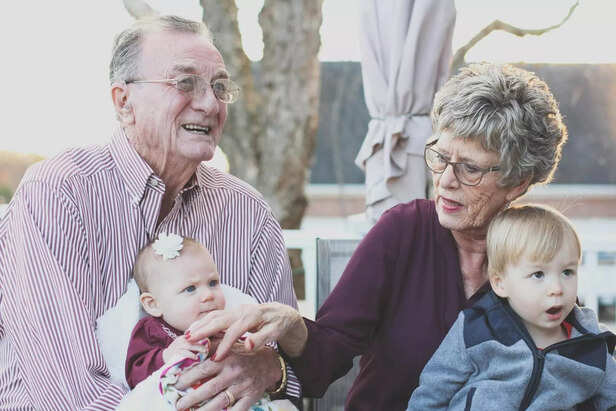
Not all unhealthy family dynamics are loud or chaotic. Sometimes, it’s the quiet expectations, subtle guilt, or emotional distance that leaves the deepest marks.
Grew up with emotionally absent parents? You might struggle to open up or trust others.
Always played the responsible one? You might burn out constantly trying to hold everyone together.
Learned to joke your way out of conflict? That’s emotional deflection in disguise. Our relationships within the family set the blueprint for how we relate to everyone else. So if we want to improve our confidence, communication, or boundaries—it usually starts here.
Signs Your Family Dynamics Need a Reset
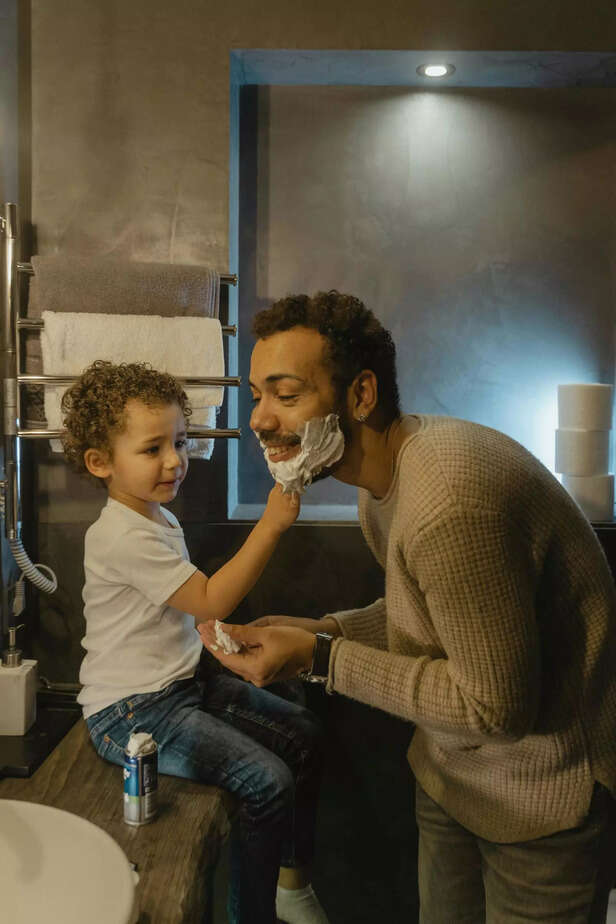
Dysfunction isn’t normal just because it’s familiar. Here are a few red flags:
Constant miscommunication or total silence
Feeling stuck in a role you never chose
Lack of boundaries or privacy
Blame games or playing favorites
Same argument, different day—on repeat
If you recognize any of these, don’t brush them off. You’re not imagining things. And you’re definitely not overreacting.
How to Break the Pattern and Heal
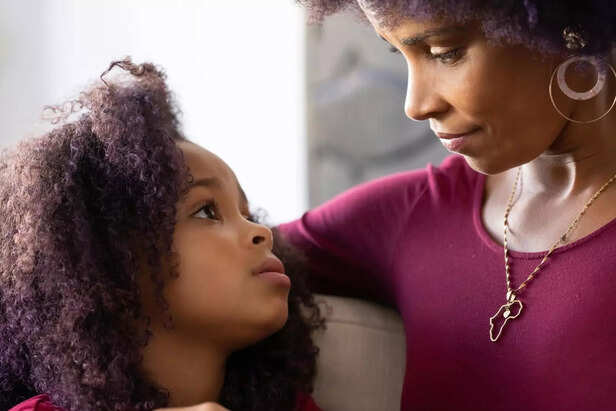
Healing your family dynamic doesn’t always mean cutting people off. It means creating a new way to relate—with more awareness and intention.
Talk about it, even if it’s messy.
Use “I feel” instead of “you always.” Speak your truth without trying to win. Sometimes being real is more healing than being right.
Reclaim your role.
You’re not bound to be the overachiever, the peacekeeper, or the invisible one forever. You’re allowed to choose a new way of being.
Set boundaries like a boss.
Saying no or “that’s not okay” is not rude—it’s healthy. Boundaries protect your peace and preserve your energy.
Therapy helps—seriously.
Unpacking years of emotional spaghetti is tough. A therapist can help you spot patterns, build new tools, and release what’s not yours to carry.
Call out generational stuff.
Sometimes you’re not just dealing with your own story—you’re holding decades of unprocessed trauma. You didn’t create the mess, but you can stop passing it on.
Families Change. So Should Dynamics.
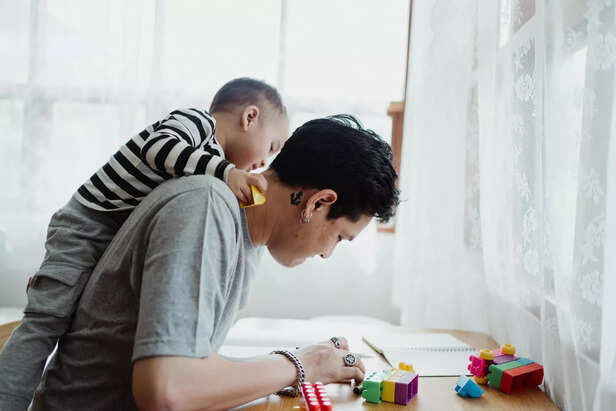
The roles we played as kids don’t have to define us forever. We evolve. Families shift. And often, the healthiest ones are the ones that learn to adapt, not escape .You may outgrow your old coping mechanisms. Your parents might surprise you. Your sibling might even apologize. Change won’t be easy, but it’s possible—and someone has to go first.
You’re Allowed to Break the Cycle
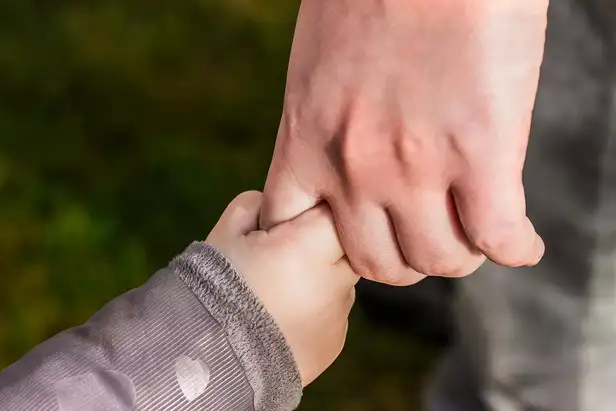
Family dynamics are strong, but they’re not your fate. You can understand your role, unlearn what’s harmful, and show up as your full, authentic self. It’s not always simple—but it’s absolutely worth it. Because when one person starts to heal, the entire family energy shifts. You don’t have to burn bridges—you just have to stop shrinking to fit inside them.
Unlock insightful tips and inspiration on personal growth, productivity, and well-being. Stay motivated and updated with the latest at My Life XP.
What Are Family Dynamics?

family
( Image credit : Pixabay )
Think of family dynamics as the emotional choreography we unconsciously perform every day. It’s the pattern in how we communicate, argue, love, avoid, show support—or sometimes, disappear into silence. These habits are shaped by what we saw growing up, who held the power, how emotions were handled, or how often they were avoided. And no, they don’t stay locked inside the four walls of your childhood home. They show up in how we set boundaries, date, handle conflict, and even how we act at work.
The Invisible Roles We’re Cast Into

everybody play a role in the family
( Image credit : Pexels )
You may tell yourself, “I’m just the chill sibling,” or “I always have to keep the peace.” But these aren’t just personality quirks. They’re roles—usually assigned before we even know what’s happening.
Here are some common ones, according to family role theory:
The fixer or caregiver:
The peacekeeper:
The scapegoat:
The golden child or hero:
The ghost or lost child:
These aren’t just identities. They shape how we view ourselves and how we expect the world to treat us. And if we don’t reflect on them, we carry these roles into adulthood without even realizing it.
Why This Stuff Matters

family is important
( Image credit : Pexels )
Not all unhealthy family dynamics are loud or chaotic. Sometimes, it’s the quiet expectations, subtle guilt, or emotional distance that leaves the deepest marks.
For example:
Always played the responsible one? You might burn out constantly trying to hold everyone together.
Learned to joke your way out of conflict? That’s emotional deflection in disguise. Our relationships within the family set the blueprint for how we relate to everyone else. So if we want to improve our confidence, communication, or boundaries—it usually starts here.
Signs Your Family Dynamics Need a Reset

healthy parenting
( Image credit : Pexels )
Dysfunction isn’t normal just because it’s familiar. Here are a few red flags:
Constant miscommunication or total silence
Feeling stuck in a role you never chose
Lack of boundaries or privacy
Blame games or playing favorites
Same argument, different day—on repeat
If you recognize any of these, don’t brush them off. You’re not imagining things. And you’re definitely not overreacting.
How to Break the Pattern and Heal

breaking stereotypes and patterns is important
( Image credit : Pexels )
Healing your family dynamic doesn’t always mean cutting people off. It means creating a new way to relate—with more awareness and intention.
Talk about it, even if it’s messy.
Use “I feel” instead of “you always.” Speak your truth without trying to win. Sometimes being real is more healing than being right.
Reclaim your role.
You’re not bound to be the overachiever, the peacekeeper, or the invisible one forever. You’re allowed to choose a new way of being.
Set boundaries like a boss.
Saying no or “that’s not okay” is not rude—it’s healthy. Boundaries protect your peace and preserve your energy.
Therapy helps—seriously.
Unpacking years of emotional spaghetti is tough. A therapist can help you spot patterns, build new tools, and release what’s not yours to carry.
Call out generational stuff.
Sometimes you’re not just dealing with your own story—you’re holding decades of unprocessed trauma. You didn’t create the mess, but you can stop passing it on.
Families Change. So Should Dynamics.

father and baby
( Image credit : Pixabay )
The roles we played as kids don’t have to define us forever. We evolve. Families shift. And often, the healthiest ones are the ones that learn to adapt, not escape .You may outgrow your old coping mechanisms. Your parents might surprise you. Your sibling might even apologize. Change won’t be easy, but it’s possible—and someone has to go first.
You’re Allowed to Break the Cycle

giving a protective environment to the kid is important
( Image credit : Pexels )
Family dynamics are strong, but they’re not your fate. You can understand your role, unlearn what’s harmful, and show up as your full, authentic self. It’s not always simple—but it’s absolutely worth it. Because when one person starts to heal, the entire family energy shifts. You don’t have to burn bridges—you just have to stop shrinking to fit inside them.
Unlock insightful tips and inspiration on personal growth, productivity, and well-being. Stay motivated and updated with the latest at My Life XP.
Frequently Asked Questions (FAQs)
- What are 5 healthy family dynamics?Open communication, mutual respect, emotional support, clear boundaries, and shared responsibilities.
- What is another word for family dynamics?Family interactions or family relationship patterns.
- What problems would a family face if there is no good relation or closeness among its members?They may struggle with conflict, emotional disconnection, poor communication, stress, and long-term resentment.










